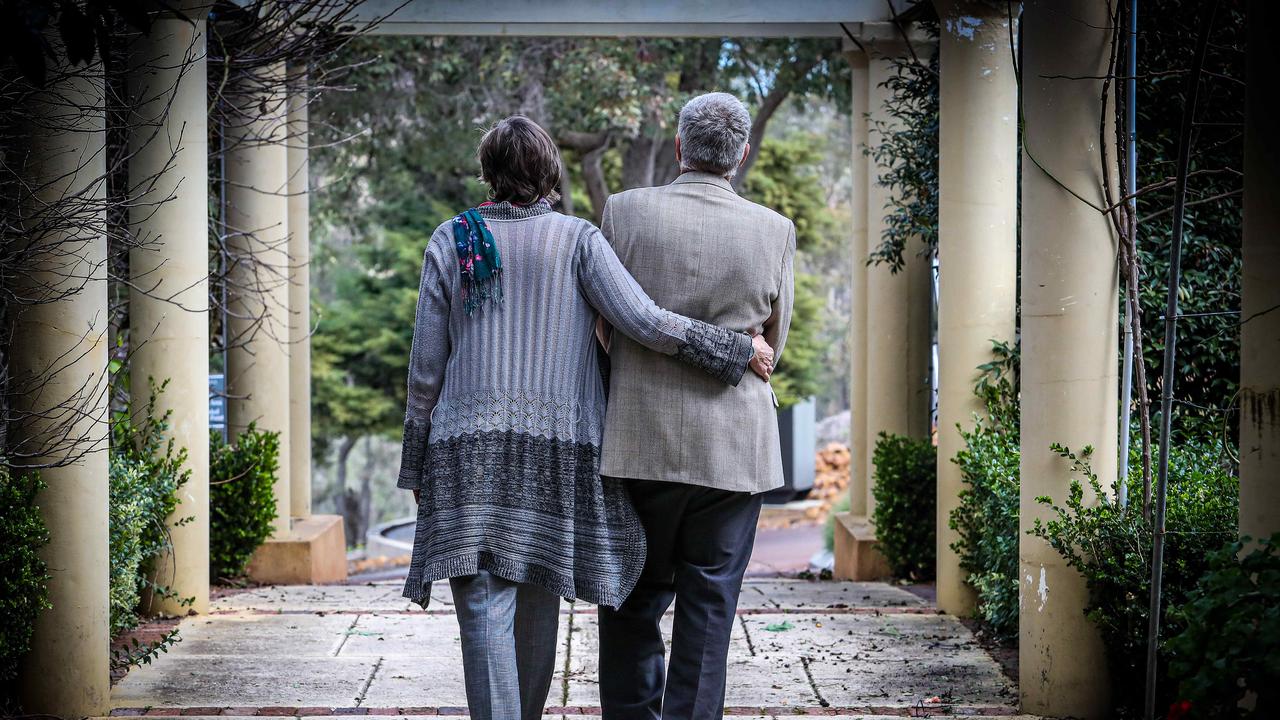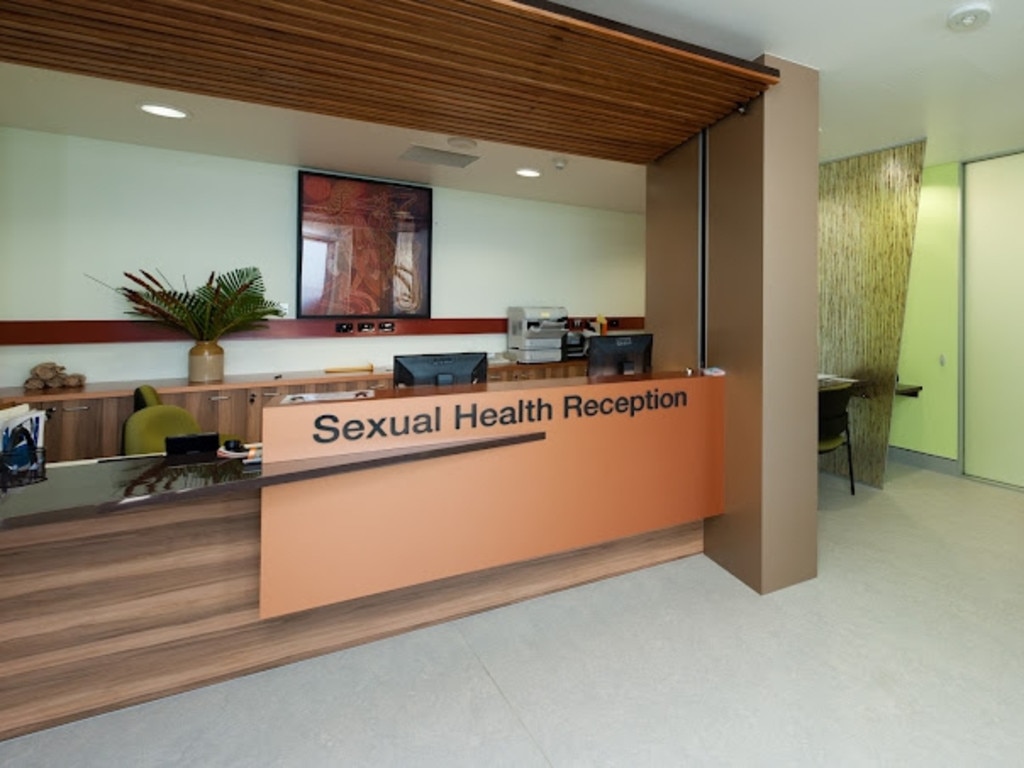Timely scrutiny on efficacy of puberty blockers on kids

Then federal Health Minister Mark Butler announced the federal government has asked the National Health and Medical Research Council to examine the issue and develop a national guideline on treatment.
This is a welcome change of heart by the federal minister. Only a few months ago, he rejected a call from Tasmanian Health Minister Guy Barnett to hold such an inquiry.
Puberty blockers prevent a child from going through normal pubertal development. For a gender-incongruent child, this might be for as long as 4-5 years. The drugs are well-known to affect a child’s bone density, and this can lead to problems with bone health down the track. There are also now serious concerns that blocking puberty at this crucial period of adolescence may adversely affect brain development.


Cross-sex hormones – oestrogen and testosterone – are given to gender-incongruent teenagers to help them develop the characteristics of the sex with which they identify.
In combination, these drugs may well destroy natural fertility, impair sexual function and cause a range of medium- to long-term health problems.
They have benefits too. For a young person who really feels deep down that they cannot live in their natal sex, these drugs can help provide a greater sense of congruence between their gender identity and the way they present physically. For females in particular, testosterone helps them sound more male and gives them male facial hair.
But neither these drugs nor surgery can transform their bodies to make them the sex they wish to be. These drugs promised significant improvements to the mental health of vulnerable young people. However, the formal research studies to test these claims have by and large had disappointing results. Furthermore, most have not followed young people for very long after treatment commenced.
Governments in a number of countries have commissioned systematic reviews of the research evidence, applying internationally accepted standards, and almost all have reached the same conclusions. The evidence provides only low, or very low, certainty of benefit.
The claim that the medications are “lifesaving” is simply not supported by available research. People with gender dysphoria, sadly, attempt or commit suicide both before and after receiving the treatments.
Furthermore, a gender identity may prove transient. Some young adults, mostly women, “detransitioned” after making irreversible changes to their bodies. That is a terrible outcome for them.
The lack of good evidence for the benefits of these major and irreversible treatments ought to be enough to keep any health minister awake at night; but there’s more. In the past decade, there has been an extraordinary rise in the number of children and young people referred to gender clinics.

Gender identity disorder, as it used to be called, was mostly seen in boys and emerged in early childhood. Now a substantial majority of adolescents wanting this treatment are girls, with no prior history in early childhood.
Maybe greater public acceptance has encouraged girls to seek treatment; but there has been no comparable increase in middle-aged women wanting to do the same.
Why, though, have two inquiries? Why doesn’t Queensland just defer to the national inquiry? While their work may overlap, it is likely the two inquiries will do different things, adopt different methodologies and report in very different time frames.
Queensland will seek to appoint an eminent researcher and clinician to look at all the research evidence. The reviewer will be asked to advise whether we should be offering these treatments to young patients at all, and if so to whom and in what circumstances.
Britain has banned puberty blockers outside a proposed clinical trial, and may yet take a similar approach to the prescription of cross-sex hormones to minors. For now, Queensland’s public health services are not giving these medications to new patients, although private practitioners may do so. The reviewer will report in 10 months.
It is not clear the NHMRC will be asked such a radical question. Assistant federal Health Minister Ged Kearney said on social media the purpose of its inquiry was to “update” existing standards developed at the Royal Children’s Hospital in Melbourne.
These have provided the basis for national practice in gender clinics since 2018. Kearney described the existing guidelines as “excellent”. That was not the opinion of an independent assessment of international guidelines commissioned by a major review in Britain. It gave quite a low rating to the Australian guidelines. The NHMRC has looked at these guidelines before. It declined to endorse them as they did not meet its standards.

There is also a question of what methodology the NHMRC will adopt. Butler says the work will be done by “an expert committee” that includes people with “lived experience”.
Kearney indicated the NHMRC will consult closely with AusPath, the Australian professional body that has for so long resisted any inquiry and which promotes the existing practices. She said it would also consult with transgender advocacy organisations. Will the process be sufficiently independent of advocacy groups to command public confidence?
Then there is the time frame. The NHMRC will provide an interim report within 18 months, but there is no indication of when its final report will be due. It could be years away. So let the federal inquiry run. The NHMRC is a highly respected organisation.
But first, Queensland’s review will report on whether these treatments should be offered to children at all; and with a well-considered answer to that question, at least one state health minister will be able to sleep well at night.
Patrick Parkinson is Emeritus Professor of Law at the University of Queensland.






Last week, two inquiries were announced into “gender-affirming care” for minors. Queensland Health Minister Tim Nicholls announced there would be an independent review of the evidence supporting the prescription of puberty blockers and cross-sex hormones to children and young people.